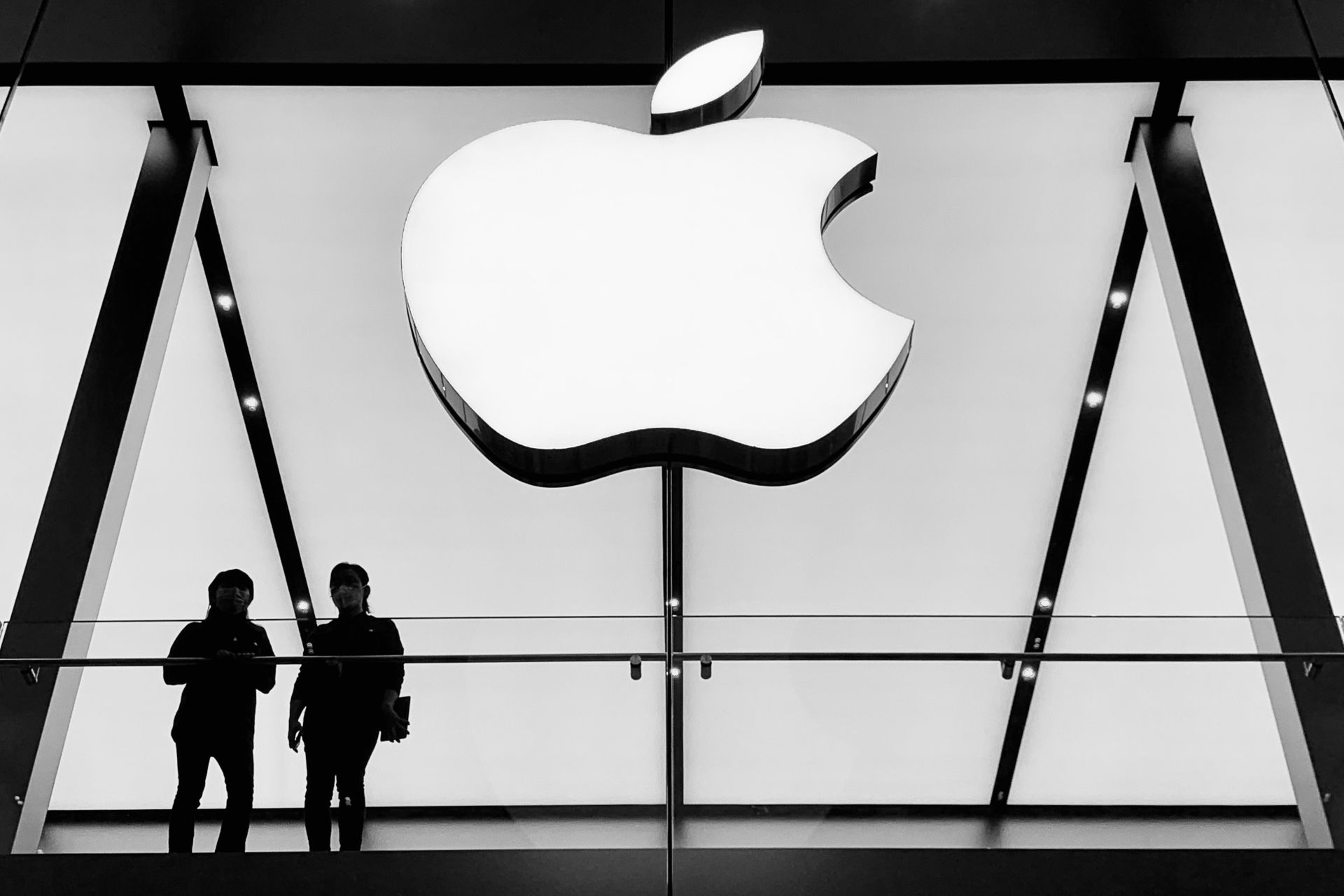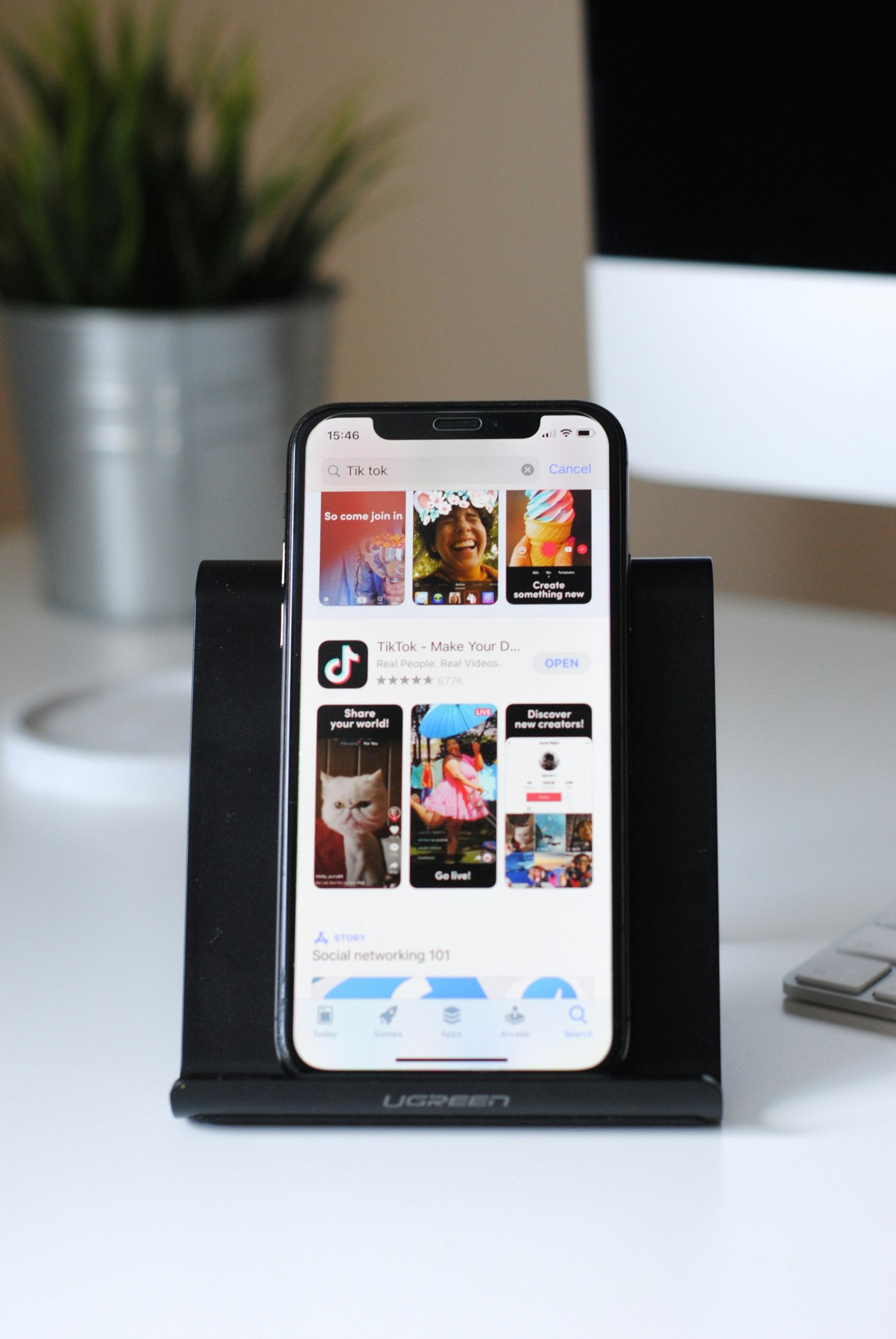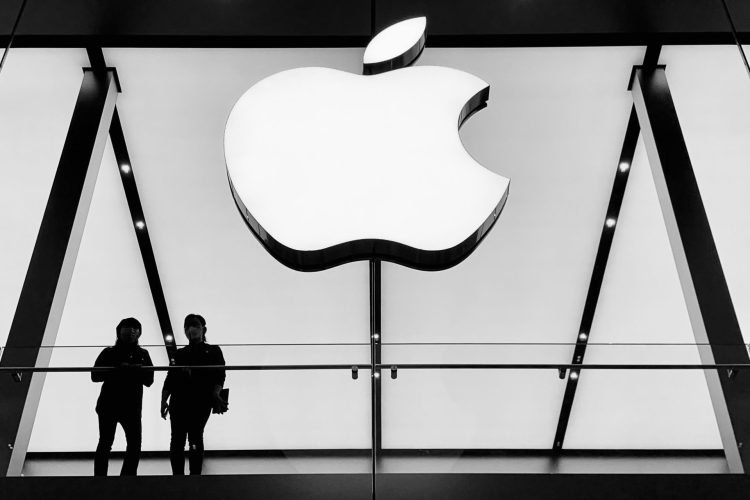Today marks a big day for iPhone users in the European Union with the arrival of iOS 17.4. This update is a game-changer, as it opens up iPhones to “alternative app marketplaces” for the first time. This means that, starting now, people in the EU can download apps from places other than Apple’s own App Store. It’s a huge shift for Apple, a company known for keeping a tight grip on where you can get apps for your iPhone.
This change isn’t just happening for no reason. It’s Apple’s way of following new rules set by the European Union’s Digital Markets Act (DMA). These rules are there to make sure big tech companies play fair, and Apple had until March 7 to make these changes. But remember, these new options are only for people in the EU.

Keeping apps safe and reliable
With new places to get apps, Apple wants to ensure they’re safe and work well. So, every app, no matter where you get it from, has to pass through Apple’s Notarization. This is like a safety check to ensure apps are ready. According to 9to5Mac, here’s what they look for:
- Honesty: Apps must clearly say who made them, what they do, and if they cost anything.
- Working Well: They need to work without major problems and fit with the latest iPhone software.
- Safe: Apps shouldn’t put users or others in danger.
- Secure: They can’t spread harmful software or mess with your iPhone’s security.
- Private: Apps shouldn’t grab your personal info without you knowing.
How do these new App Stores work?
So, how will this new system work for EU iPhone users? Let’s break it down:
- Downloading New Marketplaces: Users can get these new app stores directly from their websites. But first, Apple has to give them the thumbs up.
- Getting Apps: Once you’ve got a new app store, you need to say it’s okay for it to install apps on your iPhone.
- More Choices: You can grab any app you want, even ones that Apple’s own App Store wouldn’t usually allow. You can even make one of these new stores your go-to for apps.
- Developer Options: People making apps can now choose how they want to handle payments – either stick with Apple’s system or pick a different one without extra fees from Apple. But if they use Apple’s system, there’s a small 3% fee.
With iOS 17.4, you can also manage which app stores you use right in your iPhone’s settings. You can pick your favorite store, get rid of ones you don’t like, and control updates for your apps. If you decide to remove an app store, it’ll also stop updates for apps from that store, which might change how they work. You can check out Apple’s official announcement for more details.

What does this mean for developers and the big picture?
This move is a big deal, especially for app developers who didn’t like how Apple ran things before. For example, Spotify has had issues with how much Apple charges for using its App Store. Now, with these changes, they might rethink how they sell stuff in their app in the EU. But it’s still not clear if they’re okay with Apple’s smaller fees when using other payment methods.
The Digital Markets Act passed in 2022 is about ensuring big tech companies don’t have too much control. The EU called Apple a “gatekeeper” because of its influence and said its App Store and other key parts need to follow these new rules. But the EU hasn’t said much about Apple’s latest move so far.
Featured image credit: James Yarema/Unsplash





